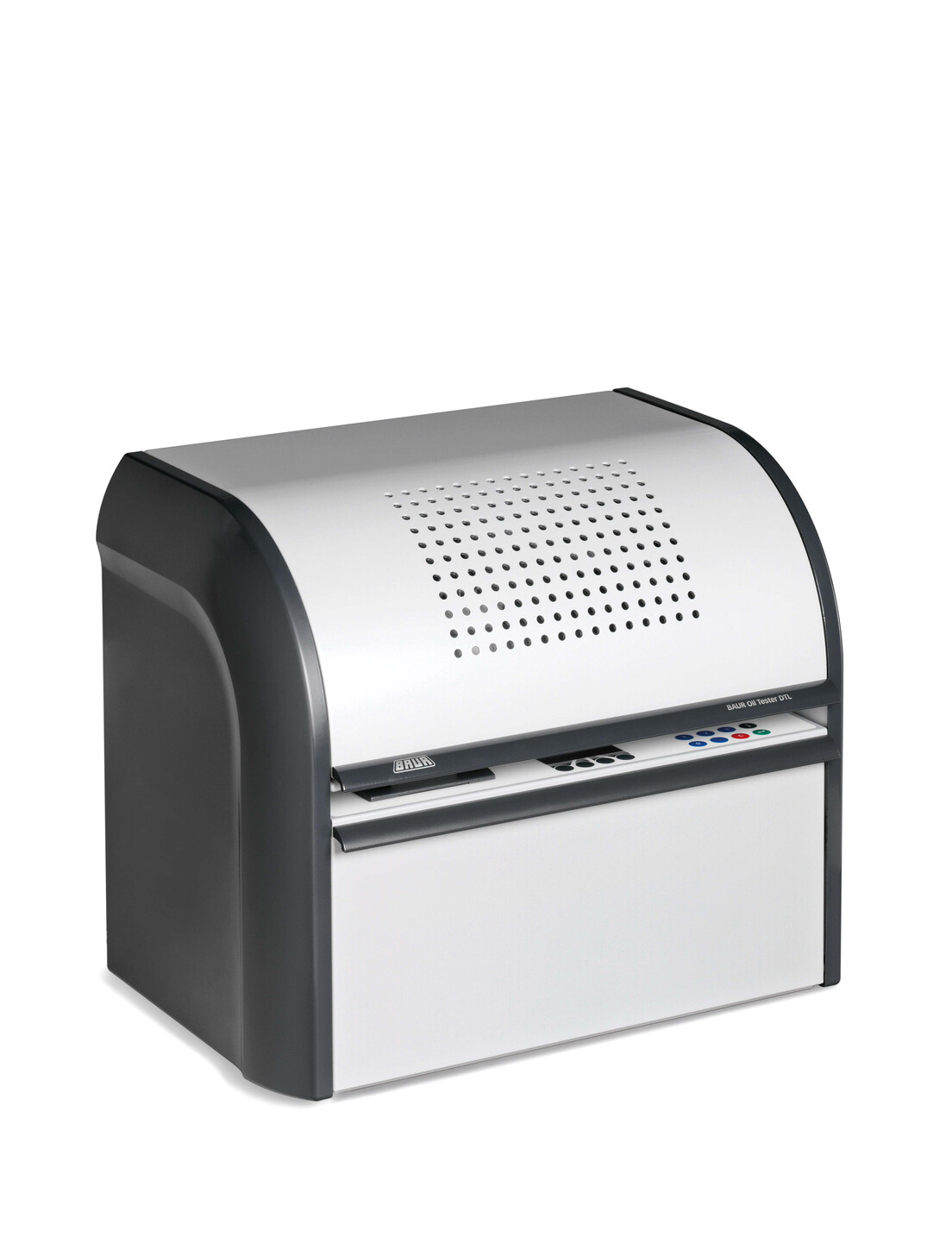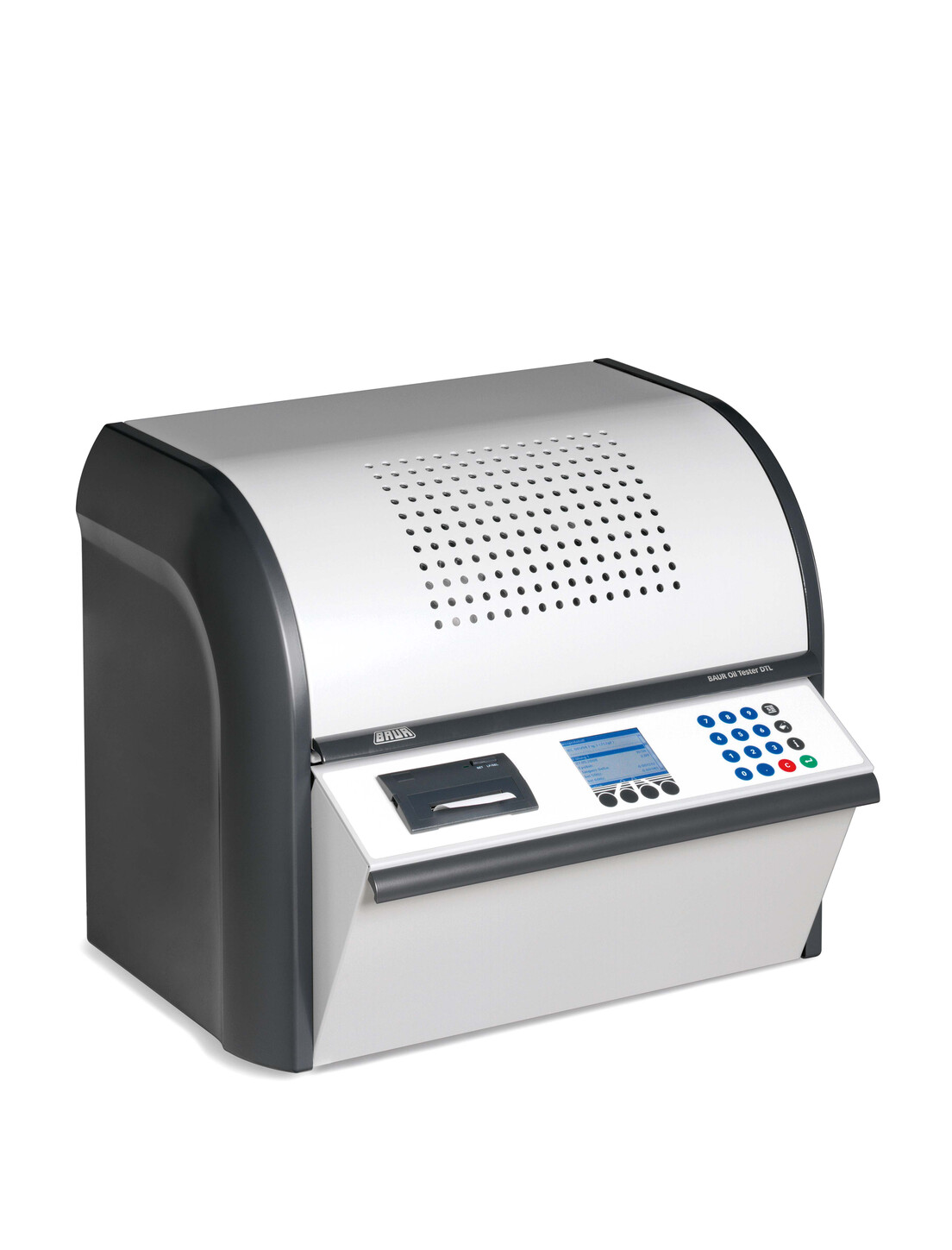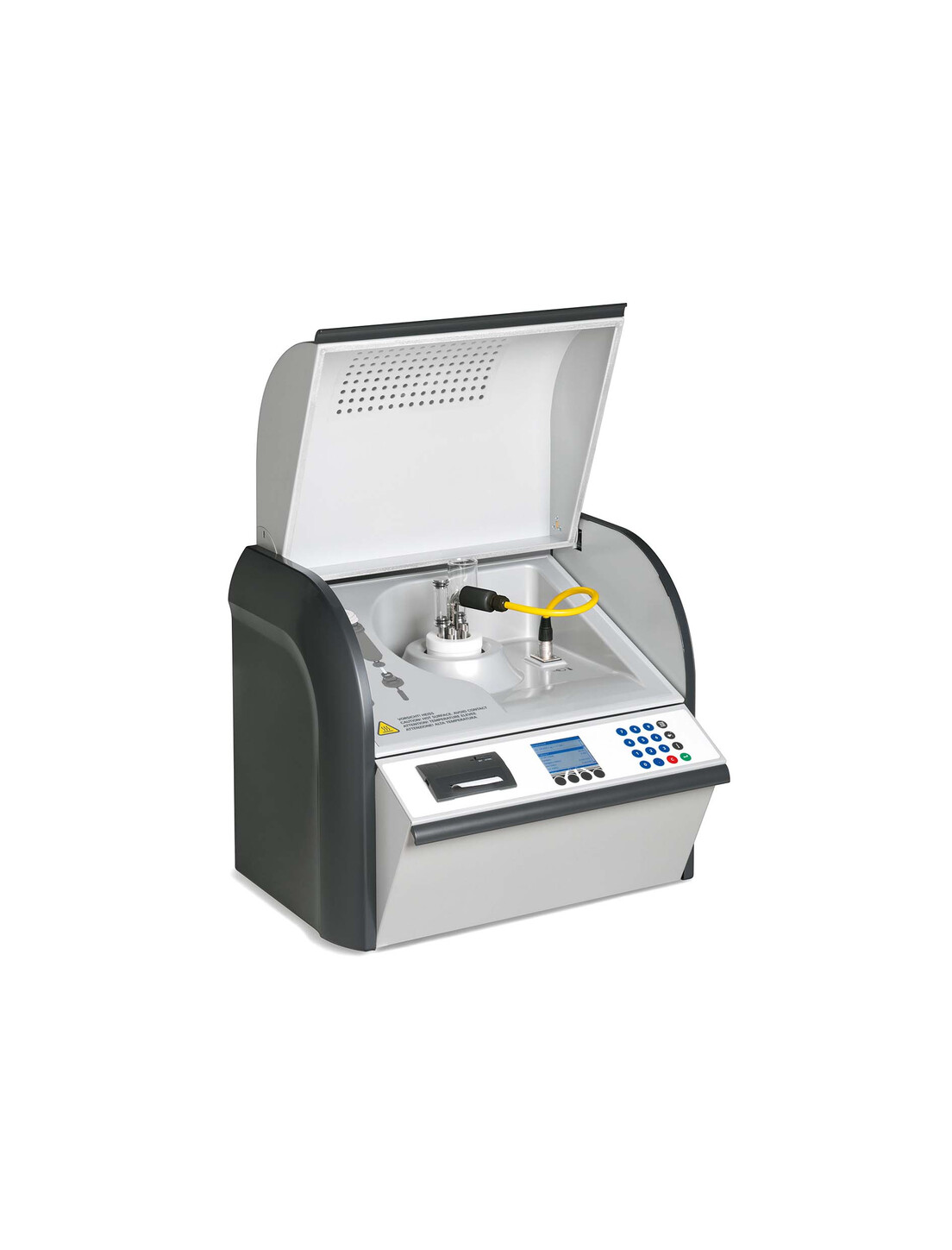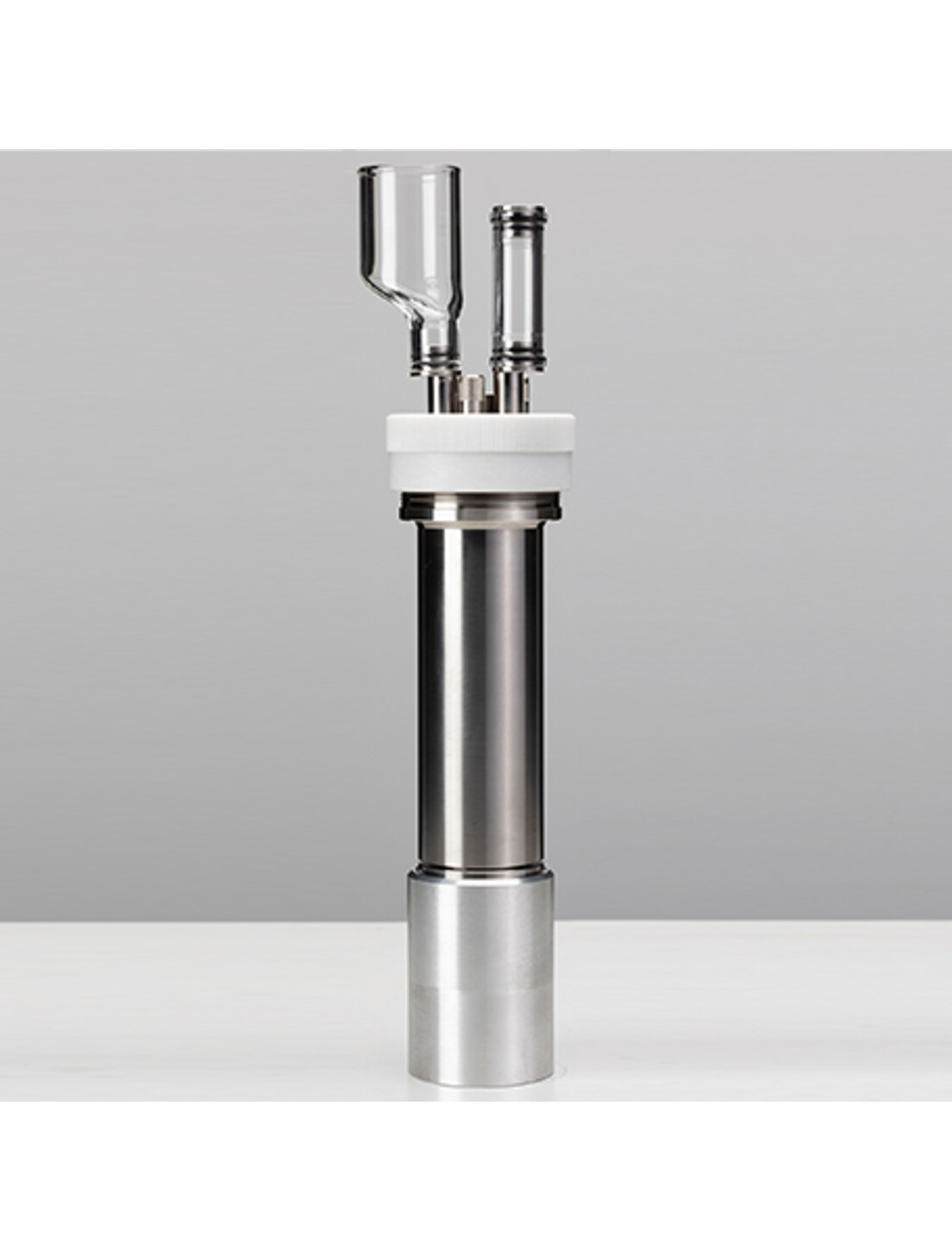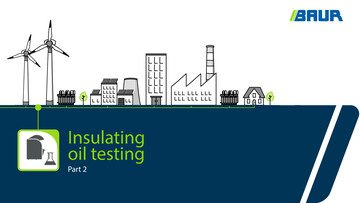DTL C
Oil tan delta and resistivity tester
Insulating oil testing with BAUR DTL C
The thorough analysis and diagnostics of insulating oils with BAUR DTL C provides valuable findings for scientific and technical work, research and development. Comprehensive knowledge on the current condition of insulating materials is also becoming increasingly important for practitioners in mains operation.
BAUR DTL C offers the most precise information currently available for efficient oil management in plants in the electricity and industry sectors.
- Fully automatic dissipation factor measurement
- Preprogrammed standards
- Maximum precision
Insulating oil testing with BAUR

Change insulating oils as required, not based on set intervals
Seamless functioning of transformers as well as oil-insulated switches or converters largely relies on the condition of the insulating oil. It is therefore important to avoid obsolescence due to oxidation, heat stress or impurities and to change the oil early enough. At the same time, you can benefit from extending the replacement intervals, particularly for transformers with their large volumes of oil, thereby reducing costs. To do this without endangering people or the material, you first need to check the quality of the oil – using the BAUR DTL-C oil tester, for example. With 3 measurement functions combined in one device, this tester is used in labs around the word.
Test insulating oil with BAUR
The DTL-C tester quickly and reliably delivers key results on the condition of the insulating oil, which you need to change the oil as required. It is suitable for testing mineral oil-based oils, natural oils as well as synthetic esters. The results can be used to determine whether one insulating oil is compatible with another. Thanks to the measurements, you can therefore unite safe operation and low maintenance costs without jeopardising the function or service life of your equipment.
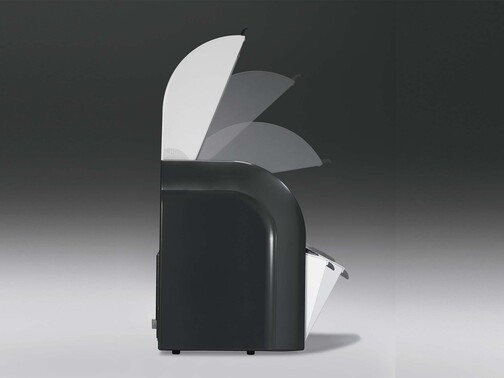
Advantages to the DTL-C insulation measuring device
Why should you test the insulating oil in the transformer?
The condition of the insulating oil may deteriorate due to a number of reasons, some of which may occur simultaneously.
| Reason for ageing | Potential impact |
| Oxidation | Contamination due to particles |
| Moisture | Reduction in dielectric strength |
| Overheating |
Loss of viscosity and resulting
|
| Sparks and flashovers | Gas formation |
| Partial discharge | Silt development |
| Chemical impurity | Higher dielectric losses |

In order to obtain meaningful results from insulating oil testing, oil samples must be properly taken by suitably trained personnel. Here are a few tips to help you take samples without any issues:
Product information
Literature
BAUR References
Insulating oil testing
